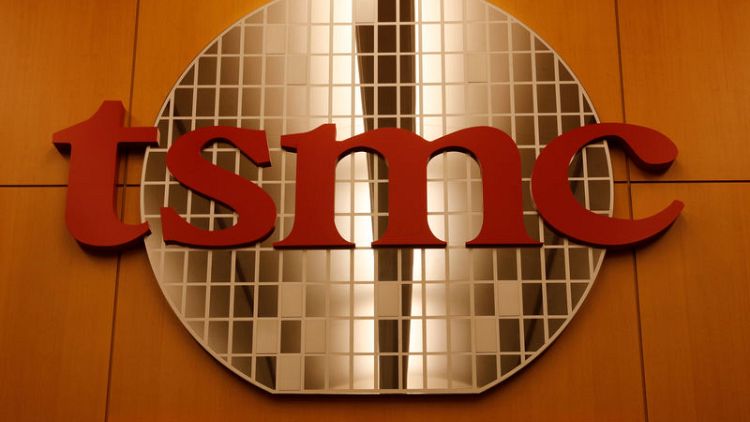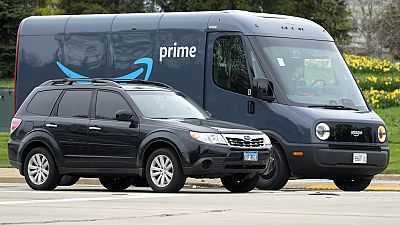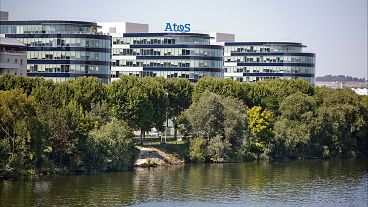By Josh Horwitz
SHANGHAI (Reuters) - Contract chipmaker GlobalFoundries sued larger rival and Apple supplier TSMC for patent infringement, seeking to stop imports into the United States and Germany of products made with the allegedly infringed technologies.
In lawsuits filed on Monday in the United States and Germany, GlobalFoundries also sought unspecified "significant" damages from Taiwan Semiconductor Manufacturing Co (TSMC) <2330.TW> based on the Taiwanese firm's unlawful use of its technology in its "tens of billions of dollars of sales".
The complaints alleged that chip manufacturing technologies used by TSMC infringed GlobalFoundries' 16 patents, and sought to prevent imports of customers' products containing chips produced with the infringing technologies, the Santa Clara, California-based firm said in a statement.
It did not elaborate on products affected by the alleged infringement, but listed Apple Inc <AAPL.O>, Qualcomm Inc <QCOM.O>, Alphabet Inc's <GOOGL.O> Google, Nvidia Corp <NVDA.O>, Lenovo Group <0922.HK> and Taiwan' MediaTek Inc <2454.TW> among TSMC's customers affected by the complaints.
TSMC called the allegations "baseless".
"We are disappointed to see a foundry peer resort to meritless lawsuits instead of competing in the marketplace with technology," it said in a statement.
It added that it would "fight vigorously, using any and all
options" to protect its proprietary technologies.
Nvidia declined to comment. TSMC's other clients were not immediately available for comment.
In a move to highlight its investment in the United States amid an intensifying U.S. trade war with China over Beijing's alleged unfair practices involving technology transfers and intellectual property, GlobalFoundries also said the lawsuits are aimed at protecting its U.S. investment.
"While semiconductor manufacturing has continued to shift to Asia, GlobalFoundries has bucked the trend by investing heavily in the American and European semiconductor industries," GlobalFoundries, which is owned by Abu Dhabi's state investment vehicle, said.
"This action is critical ... to safeguard the American and European manufacturing base."
(Reporting by Josh Horwitz; Editing by Stephen Coates and Muralikumar Anantharaman)



